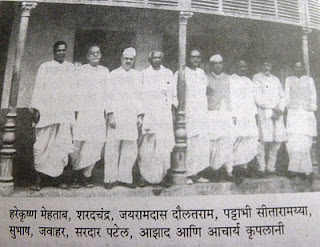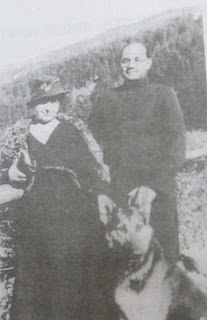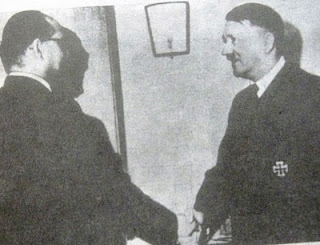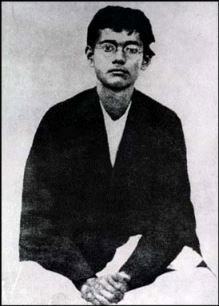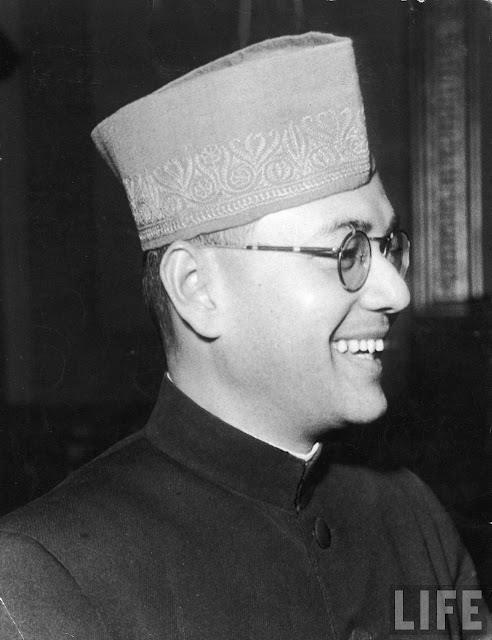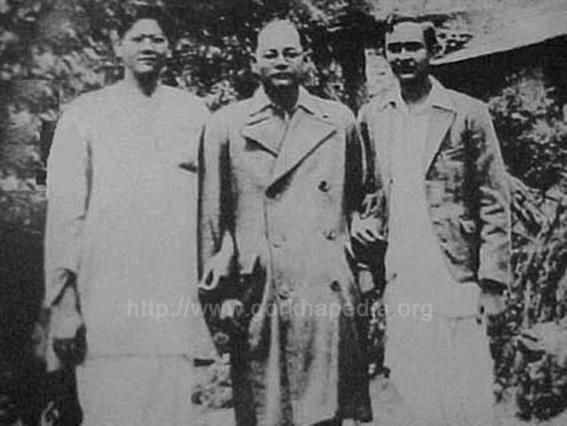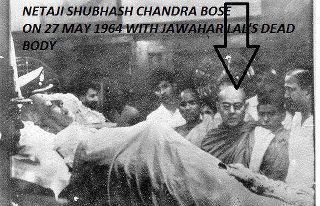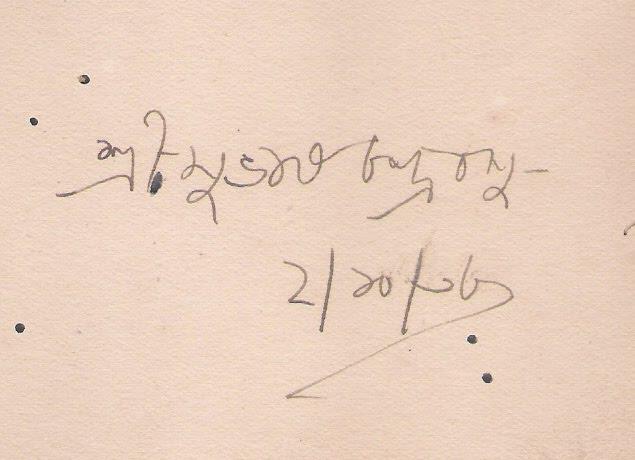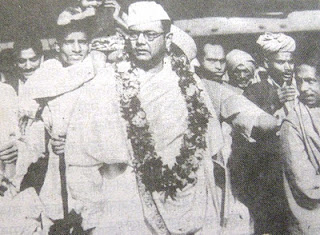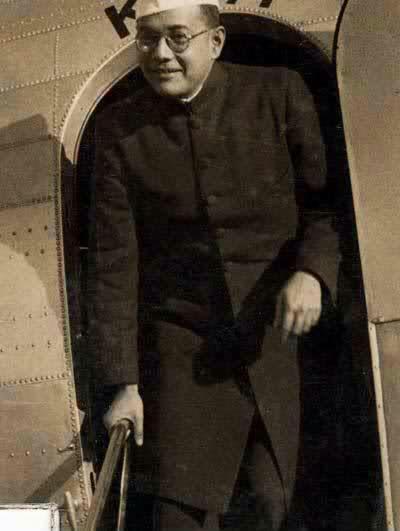Subhas Chandra was born on 23 January, 1897 in Cuttack. His father named Rai Bahadur Janakinath Bose was a Government pleader working there. Subhas had obtained his early education at Cuttack. In his childhood, the influence of his mother Probhavati Devi and that of the Headmaster named Beni Madhav Das taught him to learn about the ancient heritage of his motherland and to love India more than anything else in his life.
Subhas had his college education at Calcutta. He left for England on 15 September, 1919 to appear at the Indian Civil Service Examination, as desired by his father. He passed the examination by coming out ‘Fourth’ among the successful candidates, but he did not want to serve the British Government. So he resigned to the lucrative post offered to him. He returned to India and joined the Indian National Congress to fight for the independence of India.
Subhas was sent to jail about eleven times in his life. He became the President of the Congress Party, but later, resigned due to his differences of opinion with Gandhiji.
When the World War II broke in 1941, Subhas was interned in his Calcutta home under constant police guard’. He did not come out of his house for 40 days, nor did he see anyone during that period. And on the 41st midnight, he escaped in the disguise of a Maulavi and reached Germany under an Italian diplomatic passport with an Italian name of Orlando Mazzota.
In Berlin, he formed the first Indian National Army (I.N.A.) with the ‘prisoners of war’ who were Indian soldiers serving the British Army. Now he came to be known as ‘Netaji’. Subhas also founded an Indian Radio Station called Azad Hind Radio in Berlin, from where he had very often to broadcast for his countrymen suggesting about their political activities during the war.
From Berlin, Subhas went to Japan, where the I. N. A. was enlarged with the addition of more soldiers and civilians. The I.N.A. was now a large army. Netaji, as the Chief Commander of the I.N.A., declared war against the British. The I.N.A. fought tooth and nail in the Burma front, and hoisted Indian national flag in Imphal at Manipur. The war took suddenly a strange turn, because the Japanese who were I.N.A.’s allied forces surrendered. So Netaji had to order retreat of his I.N.A.
Netaji’s senior army officials advised him to go to Russia for help. He started for Russia in a Japanese aircraft which unfortunately met with an accident at the time of taking off, and the great Indian leader Netaji died on the spot or 18 August, 1945.

